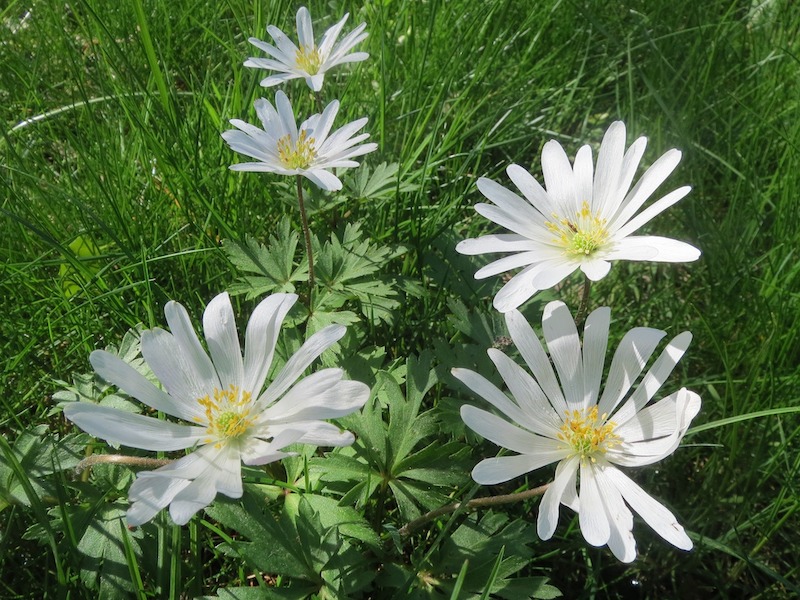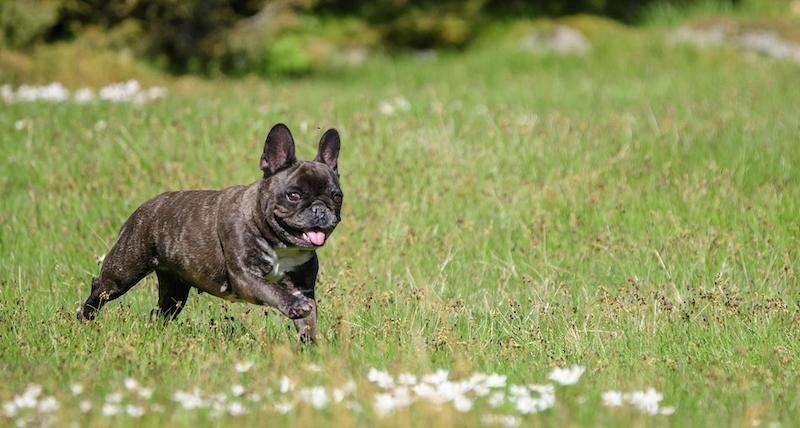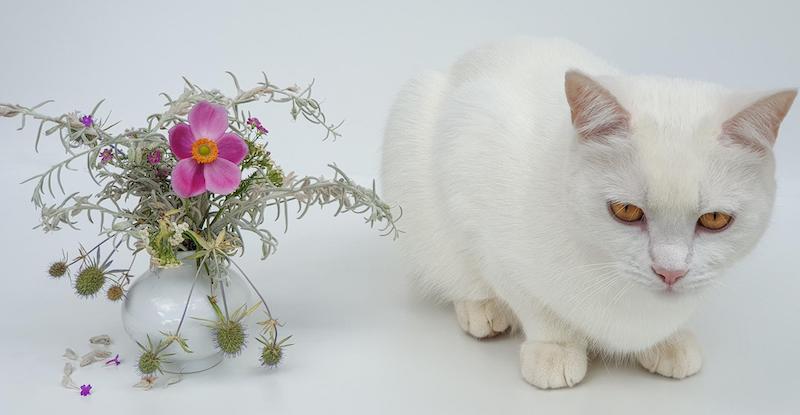Windflowers are a large group of diverse and colorful perennial flowers belonging to the family Ranunculaceae. Although certain traits vary within the family (such as flowering season), all windflowers are poisonous if eaten (and that includes leaves, flowers, and roots).

Are Windflowers Poisonous to Children?
According to the University of California, Davis, windflowers can cause minor toxicity to humans. With their minor toxicity and distinct bitter taste, children probably won’t eat enough of the plant to cause serious symptoms. When eaten, minor illnesses such as vomiting and diarrhea may occur. In addition, the juice, sap, or hairs may also cause irritation (or dermatitis), so be sure to wash the area with soap and water as soon as possible after contact has occurred.
Are Windflowers Poisonous to Dogs?
Windflowers are poisonous to dogs, so if you suspect that your dog has eaten any part of the plant, be sure to contact your veterinarian immediately. It may be too late to treat your pet once symptoms appear.

Are Windflowers Poisonous to Cats?
Windflowers are also poisonous to cats, potentially more so than for dogs. If you suspect that your cat has eaten any part of the plant, contact your veterinarian immediately.

Are Windflowers Poisonous to Other Animals?
According to the University of California, Davis, School of Veterinary Medicine, windflowers are one of the 12 plants responsible for most of the calls to their veterinary hospital for animals poisoned by plants. Windflowers are poisonous to most animals. So if you think your pet or farm animal has ingested windflower plants, call your veterinarian immediately.
Symptoms Of Windflower Poisoning
Most likely it will be too late to treat your pet once symptoms appear, so if you suspect your pet has eaten any windflowers contact your vet immediately. Eating windflowers may cause the follow symptoms in animals:
- Irritation to mucous membranes
- Blisters
- hemorrhagic gastritis
- Shock
- Convulsions
- Death
Preventing Windflower Poisoning
The best way to minimize risk of poisoning for pets is to limit contact and/or supervise closely when pets are near windflowers. Physical barriers like decorative fencing can prevent your pet from even having the opportunity to try and nibble your windflowers. If you do notice that your pet is persistently eating plants or other things, it may be a good time for a vet examination to make sure your pet is not suffering from nutrient deficiency.
Pet Poison Helpline
If something were to happen to your furry friend, and you suspect that they are suffering from windflower poisoning, there is a poison control hotline to call for 24/7 vet advice. It is called the Pet Poison Hotline, and their phone number is (855) 764-7661.
Sources: "Anemone Common Name(s): Windflower." The North Carolina Extension Gardener Plant Toolbox. plants.ces.ncsu.edu
 |
Author Chris Link - Published 07-21-2022 |
